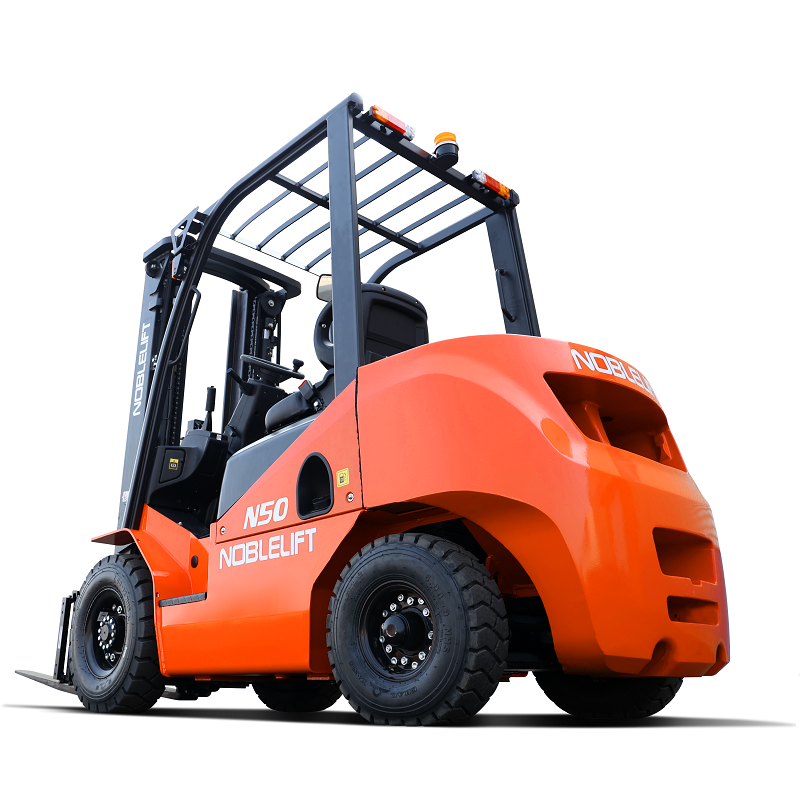Forklift Truck Sales: Key Factors to Consider from freeamfva's blog
Forklift Truck Sales: Key Factors to Consider
Forklift trucks are essential equipment in various industries, including warehousing, manufacturing, and logistics. As businesses seek to improve efficiency and productivity, the demand for forklift trucks continues to rise. However, purchasing a forklift truck involves several considerations to ensure the right choice for specific operational needs. This article explores the key factors to consider when navigating the forklift truck sales market.
 >ForkLift | China Manufacturer Trade price on Materials Handling internal combustion Fork-lifts Truck Sale Buy Online Trade price on Importer of Industrial Equipment in USA/UK/India/Australia/canada | ForkLift
>ForkLift | China Manufacturer Trade price on Materials Handling internal combustion Fork-lifts Truck Sale Buy Online Trade price on Importer of Industrial Equipment in USA/UK/India/Australia/canada | ForkLift
Understanding Your Operational Needs
Load Capacity and Lift Height: One of the primary factors to consider when purchasing a forklift truck is its load capacity and lift height. Different operations require forklifts with varying capacities and lift heights. It is crucial to assess the maximum weight and height requirements of your operations to select a forklift that can handle the demands efficiently.
Type of Forklift: There are various types of forklifts available, each designed for specific applications. Common types include counterbalance forklifts, reach trucks, pallet jacks, and order pickers. Understanding the specific needs of your operations will help you choose the right type of forklift. For example, reach trucks are ideal for narrow aisles, while counterbalance forklifts are suitable for general-purpose use.
Environment and Terrain: The operating environment and terrain play a significant role in determining the type of forklift required. For indoor operations, electric forklifts are preferred due to their low emissions and quiet operation. On the other hand, rough terrain forklifts are designed for outdoor use and can handle uneven surfaces and challenging conditions.
Evaluating Technological Features
Automation and Telematics: Modern forklifts come equipped with advanced technological features such as automation and telematics. Automated forklifts can perform tasks with minimal human intervention, improving efficiency and reducing labor costs. Telematics systems provide real-time data on forklift performance, maintenance needs, and operator behavior, enabling better fleet management.
Safety Features: Safety is a critical consideration when purchasing a forklift truck. Look for forklifts with advanced safety features such as stability control, collision avoidance systems, and ergonomic designs. These features help prevent accidents and ensure the well-being of operators and other personnel.
Energy Efficiency: With increasing emphasis on sustainability, energy-efficient forklifts are gaining popularity. Electric forklifts and hydrogen fuel cell forklifts offer lower operating costs and reduced environmental impact compared to traditional internal combustion engine (ICE) forklifts. Assess the energy efficiency of different forklift models to make an environmentally responsible choice.
Considering Total Cost of Ownership
Initial Purchase Price: While the initial purchase price is an important factor, it should not be the sole consideration. Evaluate the overall value offered by the forklift, including its features, capabilities, and expected lifespan. Sometimes, investing in a higher-priced forklift with advanced features can result in long-term cost savings.
Maintenance and Repair Costs: The total cost of ownership includes ongoing maintenance and repair costs. Choose a forklift brand known for its reliability and ease of maintenance. Additionally, consider the availability of spare parts and the proximity of service centers to minimize downtime and ensure prompt repairs.
Resale Value: The resale value of a forklift truck is another important consideration. Some forklift brands and models retain their value better than others. Research the resale market and choose a forklift that offers good resale potential, providing a return on investment when it is time to upgrade or replace the equipment.
Exploring Financing Options
Leasing vs. Buying: Businesses have the option to either lease or buy forklift trucks. Leasing offers flexibility and lower upfront costs, making it an attractive option for businesses with limited capital. On the other hand, purchasing a forklift provides ownership and long-term cost savings. Evaluate the pros and cons of each option based on your financial situation and operational needs.
Financing Plans: Many forklift dealers offer financing plans to help businesses manage the cost of purchasing equipment. Explore different financing options, including installment plans, loans, and leasing agreements. Choose a plan that aligns with your budget and cash flow requirements.
Conclusion
Navigating the forklift truck sales market requires careful consideration of various factors, including operational needs, technological features, total cost of ownership, and financing options. By thoroughly evaluating these factors, businesses can make informed decisions and select the right forklift trucks to enhance their operations. As the demand for efficient material handling solutions continues to grow, staying informed about the latest trends and advancements in the forklift industry is essential for success.
Post
| By | freeamfva |
| Added | Sep 4 '24 |
Rate
Archives
- All
- March 2025
- February 2025
- January 2025
- December 2024
- November 2024
- October 2024
- September 2024
- August 2024
- July 2024
- June 2024
- May 2024
- April 2024
- March 2024
- February 2024
- January 2024
- December 2023
- November 2023
- October 2023
- September 2023
- August 2023
- July 2023
- June 2023
- May 2023
- April 2023
- March 2023
- February 2023
- January 2023
- December 2022
- November 2022
- October 2022
- September 2022
- August 2022
- July 2022
- June 2022
- May 2022
- April 2022
- March 2022
- February 2022
- January 2022
- December 2021
- November 2021
- October 2021
- September 2021
- August 2021
- July 2021
- June 2021
- May 2021
The Wall